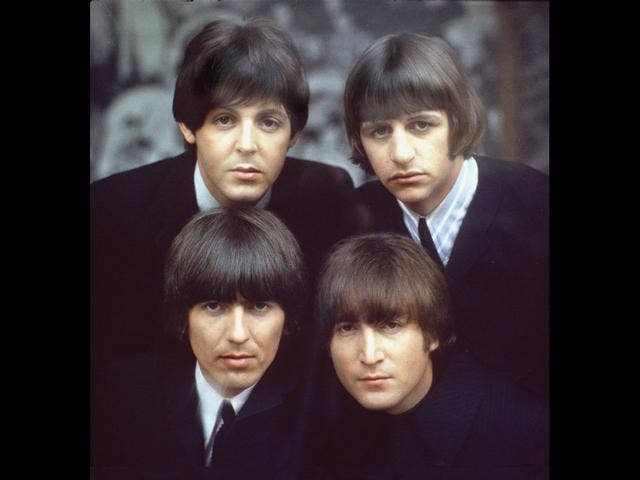
The legendary split of The Beatles wasn't just about creative differences - newly uncovered legal documents reveal a complex web of financial mismanagement, power struggles, and personal conflicts that led to one of music's most famous breakups.
According to auction house expert Denise Kelly, who examined over 300 pages of legal documents, the final catalyst came when producer Phil Spector added elaborate orchestration to Paul McCartney's "The Long and Winding Road" without his approval. This unauthorized change prompted McCartney to call in the lawyers.
The troubles began brewing after manager Brian Epstein's death in 1967. The management vacuum was filled by Allen Klein, who won over John Lennon, George Harrison, and Ringo Starr - but not McCartney. The bassist preferred his father-in-law, Lee Eastman, creating the first major rift in the band's business affairs.
The documents expose concerning financial issues - taxes had gone unpaid for years, with money unaccounted for and HMRC pursuing the band without their knowledge. The formation of Apple Corps was meant to protect their interests, but added another layer of complexity to their already tangled finances.
By April 1970, McCartney found himself "suing his mates" in a bitter High Court battle. The legal teams grappled with numerous challenges, from Pete Best's departure to disputes over film rights. Most worrying was Klein's company ABKO's failure to produce financial accounts dating back to 1966.
The personal toll manifested in their music. McCartney's "Too Many People" took aim at Lennon and Yoko Ono, while Lennon retaliated with "How Do You Sleep?" Harrison expressed his feelings about Klein and the breakup in "Beware of Darkness."
Beatles historian Spencer Leigh suggests the conflicts may have been overstated, noting that Peter Jackson's recent "Get Back" documentary showed less acrimony than previously believed. However, the legal battle dragged on until 1974, permanently altering the dynamics between the former bandmates.
Litigation expert Jonathan Coad notes that modern band breakups often lead to eventual reunions, but this wasn't the case for The Beatles. The death of John Lennon in 1980 ensured the Fab Four would never perform together again, marking the definitive end of an era in music history.